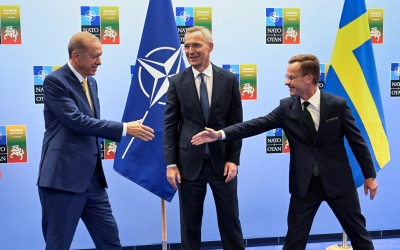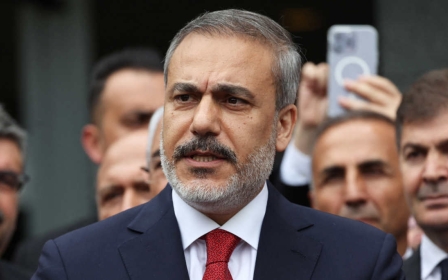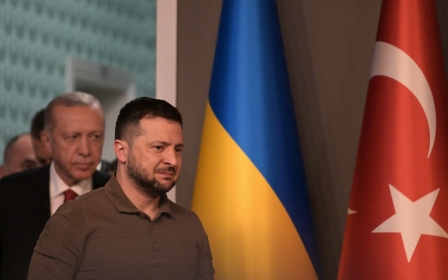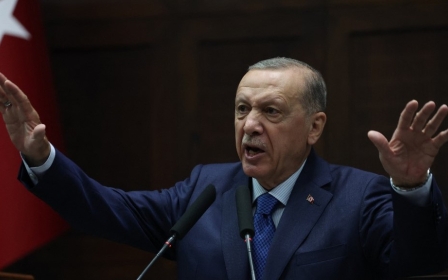Turkey agrees to back Sweden’s Nato bid
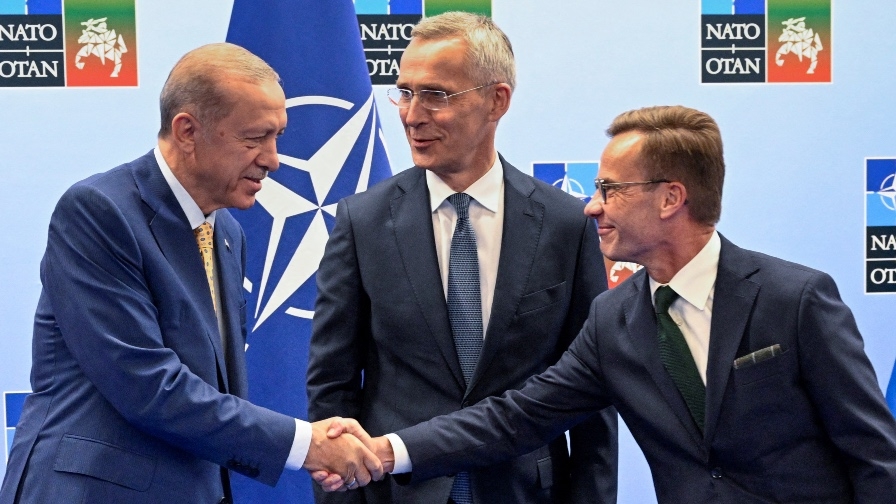
Turkish President Recep Tayyip Erdogan has agreed to forward Sweden's membership bid for the Nato military alliance to Turkey's parliament, Nato chief Jens Stoltenberg announced on Monday.
"I'm glad to announce ... that President Erdogan has agreed to forward the accession protocol for Sweden to the grand national assembly as soon as possible, and work closely with the assembly to ensure ratification," Stoltenberg told a news conference.
Stoltenberg did not specify a date for when Sweden's accession to the military pact would be ratified by the Turkish parliament, known as the Grand National Assembly, which would decide on the exact timing.
A Nato press statement on Monday said that Erdogan would "work closely with the Assembly to ensure ratification" of Sweden's Nato bid.
The chief of staff for Hungary's prime minister, Viktor Orban, said on Thursday that Budapest would also not block Sweden's Nato membership ratification.
The announcement comes a day before Nato member states will convene in Lithuania for a summit on Tuesday.
Erdogan's decision came after receiving a number of assurances, including Stockholm’s approach to supporters of the Kurdistan Workers’ Party (PKK) operating in its territory, a Turkish official told Bloomberg News.
Last year, Turkey, Sweden, and Finland signed a trilateral memorandum of understanding (MOU) to satisfy a number of issues regarding terrorism and arms embargoes. The Scandinavian countries have vied for Nato membership in the wake of Russia's invasion of Ukraine.
Ankara earlier this year ratified Finland’s Nato membership but held off on Sweden, citing the country's allowing of demonstrations against Turkey and the repeated burning of the Quran by far-right activists. Any applications to the alliance must be approved by all Nato members.
US President Joe Biden welcomed Monday's news, saying in a White House statement that he was ready to work with Erdogan to enhance "defence and deterrence in the Euro-Atlantic area". The White House also announced on Monday that Biden will hold a bilateral meeting with Erdogan during the Nato summit.
US Secretary of State Antony Blinken said on Twitter that "Sweden becoming our 32nd NATO Ally will strengthen the @NATO Alliance and contribute to European security".
Earlier this year, Biden attempted to get Erdogan’s approval on Sweden's Nato bid by linking the issue to Ankara’s multibillion-dollar F-16 jet purchase requests from Washington.
However, the Turkish president rebuffed this bid and said it was wrong to draw links between the two issues.
Also on Monday, Erdogan explicitly linked, for the first time, Sweden's Nato membership bid with Ankara's own longstanding bid for membership in the European Union.
A source told Middle East Eye earlier on Monday that during a phone call between Biden and Erdogan, the US president was pleasantly surprised by Erdogan’s comments on the revival of the EU process, saying that Biden was instrumental during the Bill Clinton administration on pushing the EU to accept Turkey as a member.
The breakthrough for Sweden's aspirations to join Nato came ahead of a Nato leaders summit in Vilnius, Lithuania, where members of the defence pact hoped to be able to welcome Sweden as a new member.
But Turkey said last month that this would not happen, citing recent demonstrations by PKK supporters as a sign that Stockholm was not upholding its promises made in the trilateral MOU.
Middle East Eye propose une couverture et une analyse indépendantes et incomparables du Moyen-Orient, de l’Afrique du Nord et d’autres régions du monde. Pour en savoir plus sur la reprise de ce contenu et les frais qui s’appliquent, veuillez remplir ce formulaire [en anglais]. Pour en savoir plus sur MEE, cliquez ici [en anglais].


